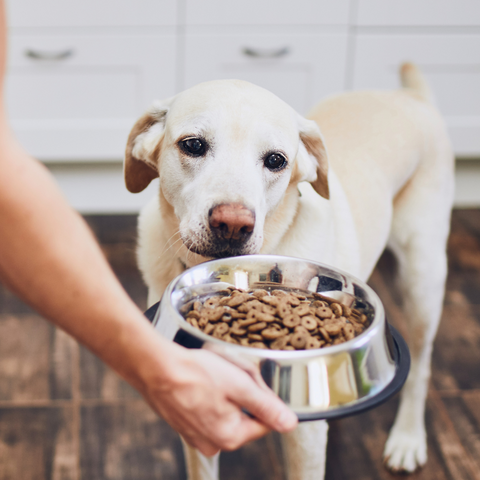
October 17, 2023
Are you the proud parent of a small pup? Are you looking for ways to...

September 22, 2023
Are you looking to switch up your pup’s diet? If so, the road to finding...

September 12, 2023
When it comes to choosing the best food for your four-legged friend, one of the...

January 31, 2023
As your dog gets older, their nutritional needs change. That's why it's important to switch...